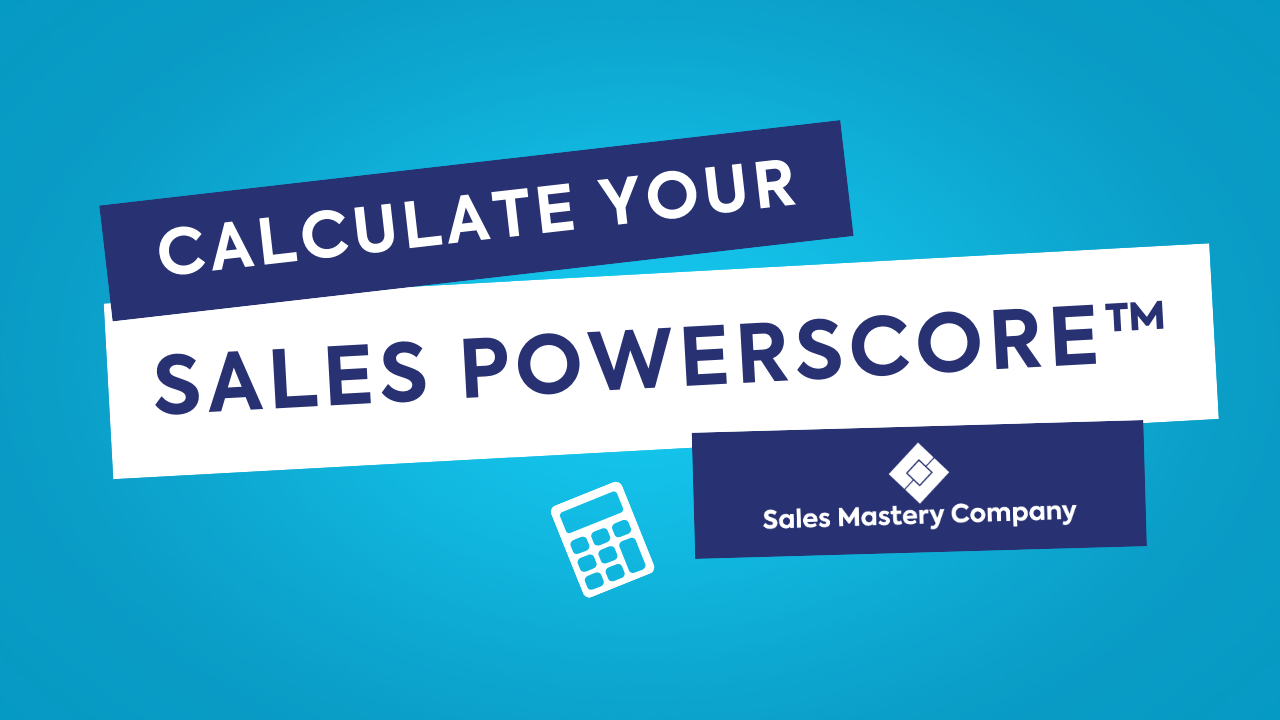5 Sales Strategies You Haven’t Tried (But Should) in 2025

Sales is evolving at a breakneck pace. What worked last year might not cut it today. If you’re feeling like your team is hitting a plateau, it’s time to shake things up.
These five strategies aren’t your typical “follow up more” or “handle objections better” advice; they're real, actionable techniques that top-performing sales teams are leveraging right now.
1. Turn Your Discovery Calls into Powerhouse Moments
Most sales reps treat discovery calls as fact-finding missions, but top performers use them to build a high-value business case. Instead of just asking about pain points, challenge your prospects to quantify them.
- Ask: "What happens if this issue isn't solved in the next 6 months?"
- Follow up with: "What would that cost in lost revenue or productivity?"
The more they define the impact, the more urgency they feel to take action. This strategy takes you from being “passive” to “active”. It involves a mindset shift and preparation shift to execute well.
2. Sell With a ‘Reverse Pitch’ Approach
Instead of diving straight into why your solution is the best, try flipping the script. Spend the first 5 minutes of your pitch exploring reasons why your prospect might not be the right fit for your offering.
- This creates curiosity and trust, as it removes the typical “hard sell” pressure.
- It positions you as a consultant, not just another salesperson.
- If they push back and say, “No, actually, we do need this,” you’ve already created buy-in before you even pitch.
This technique involves reverse psychology and leverages the psychological rule of “The Law of Scarcity” (commonly referred to these days as FOMO). It takes guts, training and preparation to fully leverage this smart technique.
3. Engineer Peer-Led Objection Handling
Your prospects trust their peers more than they trust you. Instead of handling objections solo, use social proof in a more strategic way:
- Before a big pitch, ask a happy client for a short voice note or video explaining how they overcame the same concern.
- Example: If your prospect worries about implementation time, let them hear from another customer who tackled it and saw fast results.
- It’s way more effective than saying, “I promise implementation will be smooth.”
This technique can be used in partnership with #2 above: you can say “Don’t take my word for is. There are others who’ve been in your position and doubted whether to use us. Let’s hear from one or two of them…”
4. Gamify Sales Follow-Ups to Create Urgency
Follow-ups often feel repetitive and uninspired. Change the game literally.
- Offer micro-incentives for prospects who commit earlier (a free strategy session, a bonus feature, early access to new releases).
- Create a “decision deadline” with a fun twist. Example: “If you sign by Friday, we’ll donate $100 to a charity of your choice.”
- This keeps follow-ups fresh and gives prospects a reason to act instead of delaying indefinitely.
Something we teach in our Sales Mastery Academy about follow-ups is that you must consider the timing, the mode of communication, your script and more. The best way we’ve seen people maximise follow ups is you AGREE how and when you and the client will follow up BEFORE you send through your proposal/solution.
5. Run ‘One-Day Close’ Sprints
Instead of waiting weeks for deals to close, challenge your team to have “One-Day Close” sprints. In fact, you don’t need a Sales Manager to take the lead on this, you can create a mini challenge with others in the sales team anytime.
- Identify prospects who are already engaged but stalled.
- Offer a time-sensitive incentive (a small discount, extra feature, or service upgrade).
- Set a challenge: How many deals can you close today with focused effort?
- Sales teams that do this once a month see faster pipeline movement and re-energised reps.
By now you’ll likely have realised that clients “know” that you’re pushing to close sales at the end of the month or the end of the quarter. Hence, the smart ones use that knowledge to leverage against you in negotiation. You need to get ahead of the game. Get proactive.
Final Thoughts
The best sales teams aren’t just working harder…they’re working smarter. By testing new approaches, breaking the usual patterns, and adding fresh techniques to your sales playbook, you’ll create a sales culture that’s dynamic, engaging, and most importantly, effective. Remember, you sometimes need to use a new strategy a few times to iron our those initial challenges that come from it being new.
Which of these strategies will you try first? Let us know in the comments!








